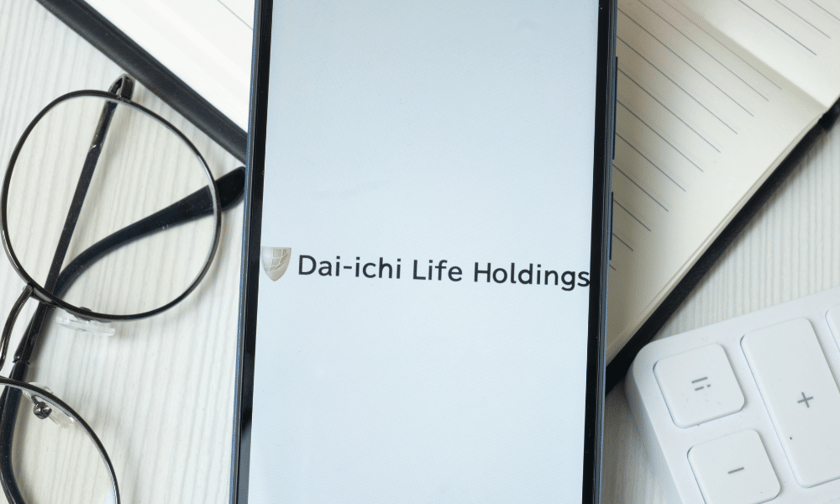

Dai-ichi Life Holdings Inc. announced that its US subsidiary, Protective Life Corporation, has entered into a strategic reinsurance agreement with Resolution Life Group Holdings Ltd. The deal will see Protective cede approximately US$9.7 billion in policy reserves to the reinsurance firm in an effort to enhance earnings and optimize capital deployment.
The agreement, disclosed in a statement by Dai-ichi, involves the transfer of structured settlement annuities and secondary guaranteed universal life policies currently in runoff. While the assets related to the contract will remain with Protective Life, income and expenses—including investment gains and losses—will be shifted to Resolution Life. Protective will retain administration of the policies, ensuring continuity for policyholders.
Bloomberg reported that Dai-ichi projects an improvement in adjusted profit of approximately US$30 million to US$40 million over the medium to long term due to the transaction. The move aligns with broader efforts among Japanese insurers to reduce financial strain ahead of new capital regulations set to take effect in April 2025.
“This transaction represents an important milestone, allowing us to generate capital that can be invested for continued growth,” said Rich Bielen, president and CEO of Protective. “We remain committed to growing life insurance sales through our valued distribution partners.”
Resolution Life, which is slated to come under the umbrella of Nippon Life Insurance Co. later in 2025, views the deal as an opportunity to strengthen its presence in the US market. “Our substantial capital strength and proven execution record provide a strong, long-term partner for Protective Life and its policyholders,” said Warren Balakrishnan, CEO of US, Resolution Life.
The transaction is expected to close in 2025, subject to customary regulatory approvals. Financial advisors for the deal included Wells Fargo for Protective and JP Morgan for Resolution Life, with legal counsel provided by Willkie Farr & Gallagher LLP and Debevoise & Plimpton LLP, respectively.
How do you think this deal will impact the insurance industry? Share your thoughts in the comments below.
